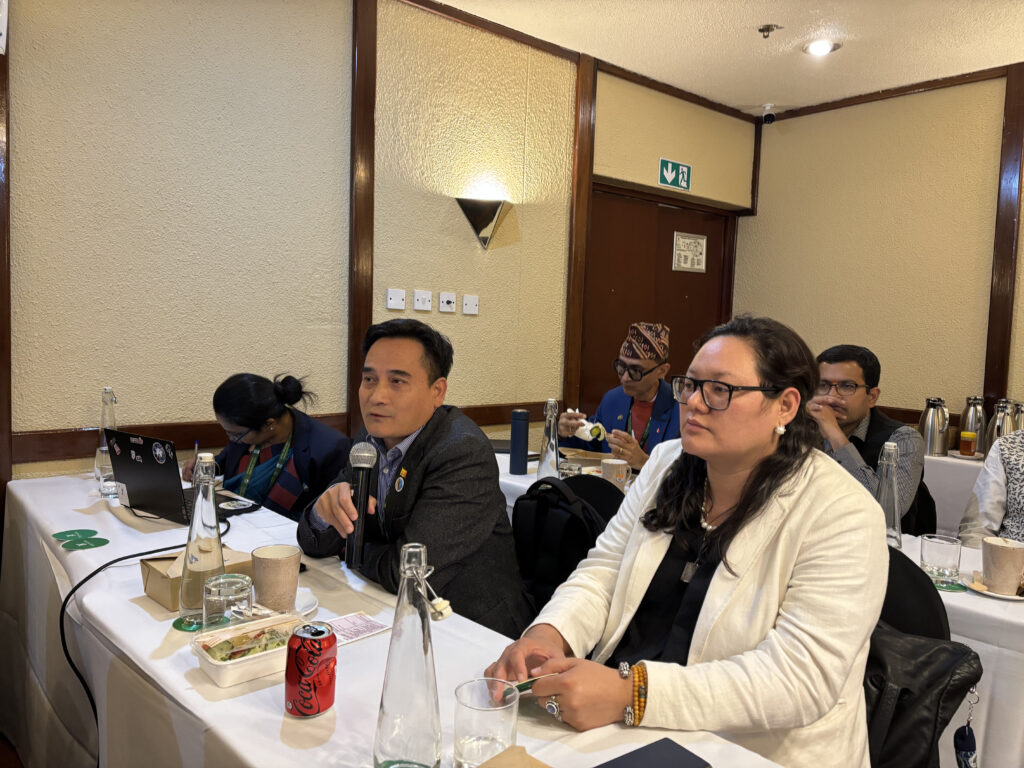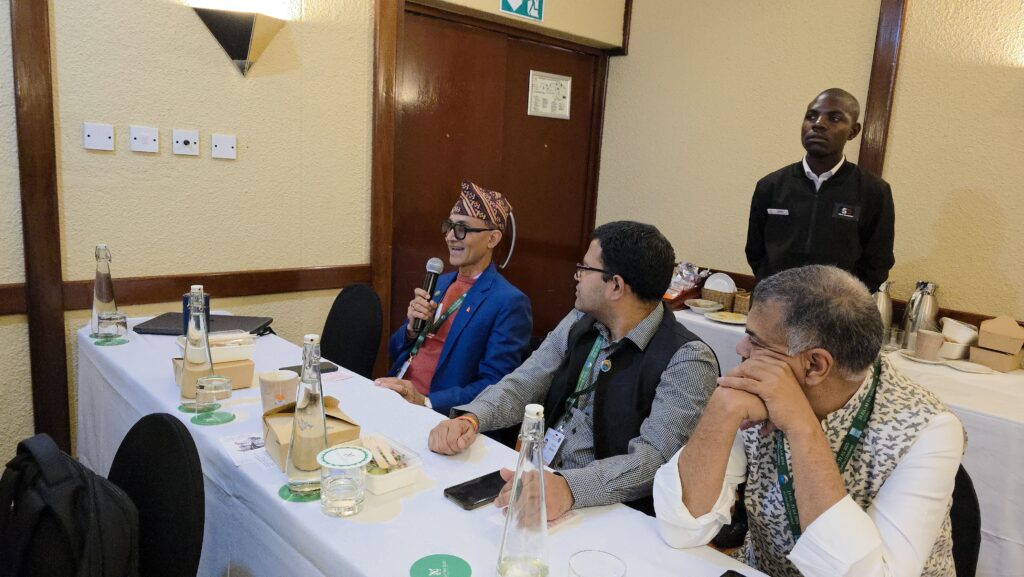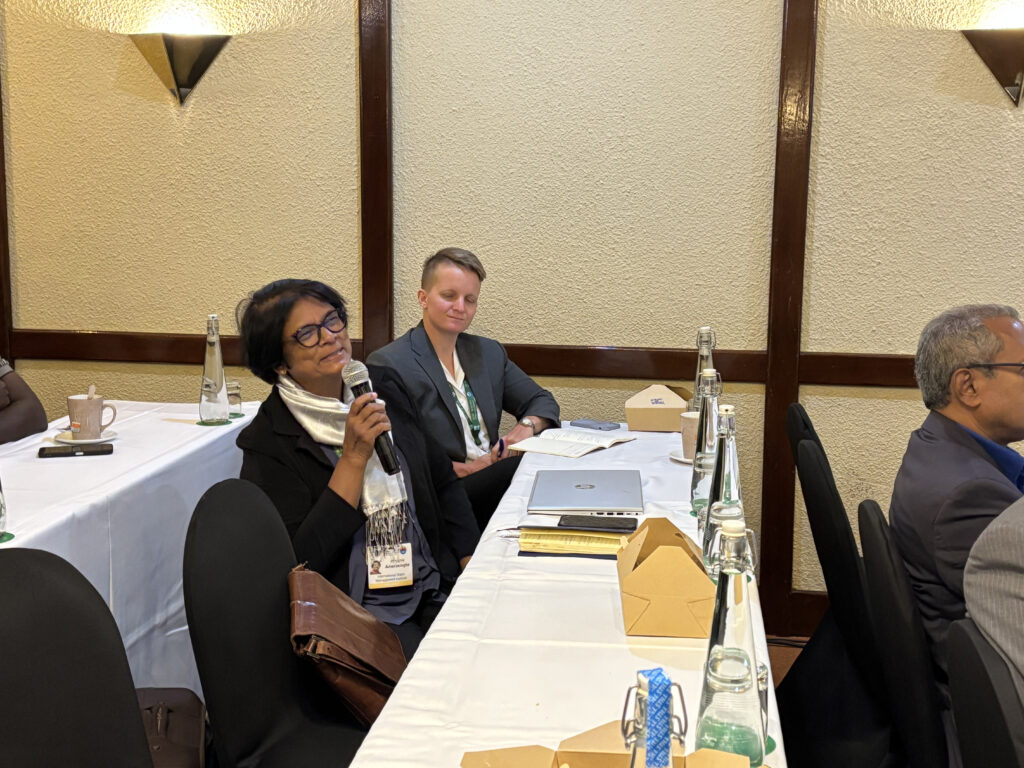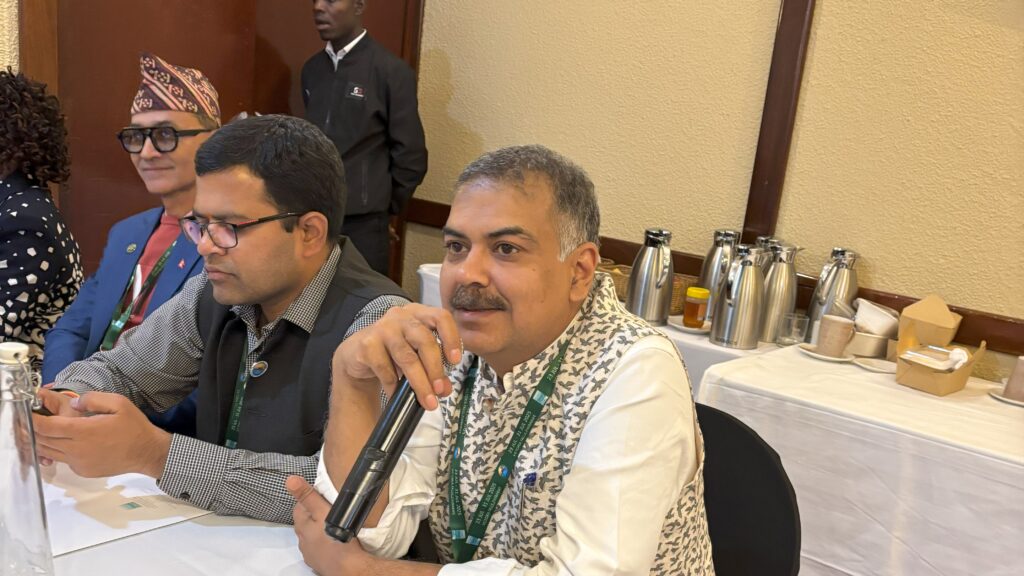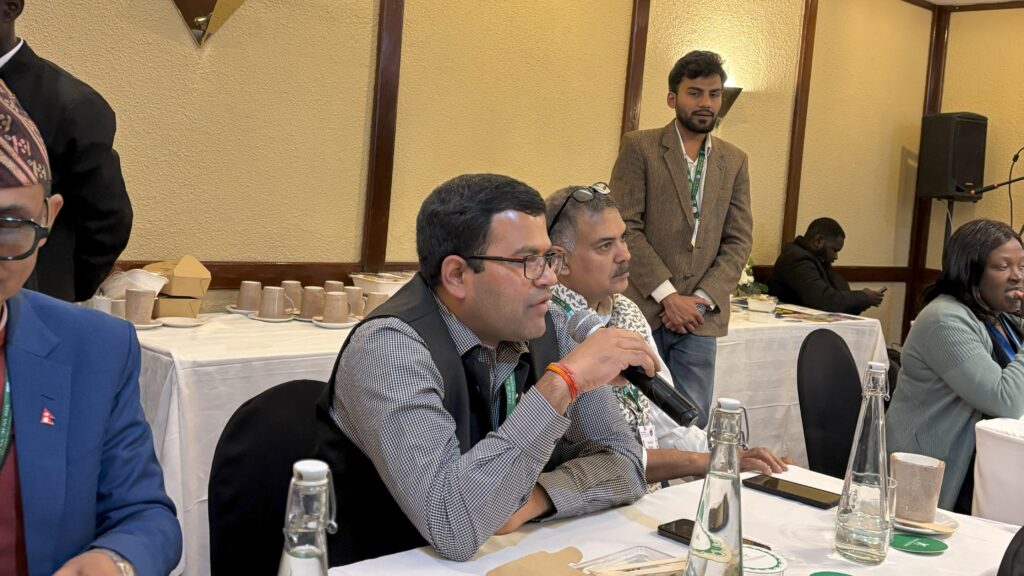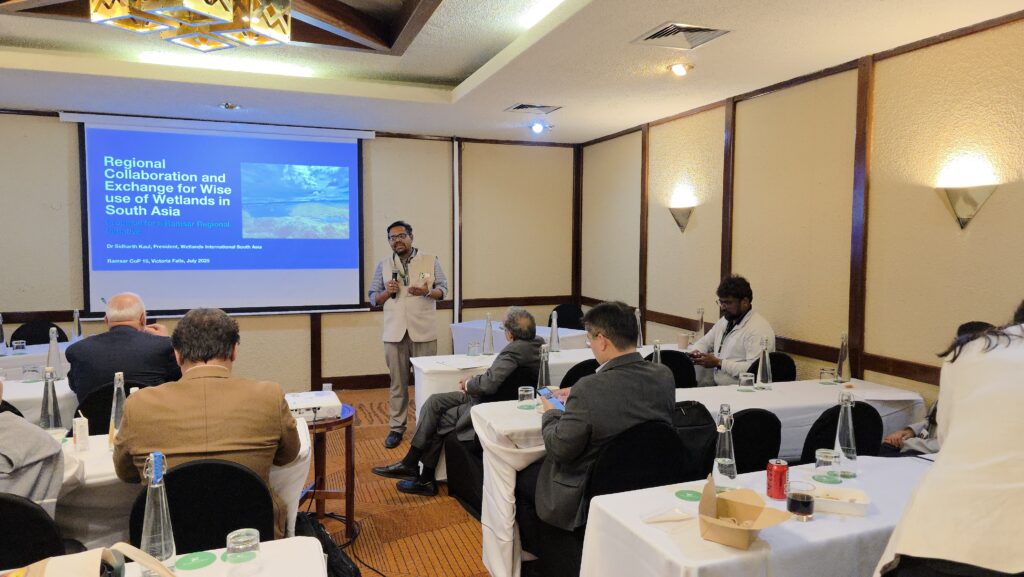
Uniting for Wetlands: Advancing Regional Collaboration at COP15 from Dialogue to Action
-
Capacity development
-
Wetland values, status and trends
South Asia is home to nearly one-fourth of the global population but occupies just 3% of the world’s land and holds only 5% of its renewable freshwater resources. In this densely populated region, wetlands are indispensable for sustaining livelihoods, economies, and ecosystems. Yet, wetlands continue to face rapid degradation, driven by competing development priorities and limited public awareness of their value for sustainable development and climate resilience.
Wetlands International South Asia (WISA), recognizing these challenges, in collaboration with regional and international partners, has taken critical steps to advance a regional mechanism for wetlands conservation under the Ramsar Convention. The proposed Ramsar South Asia Regional Initiative (RSARI) aims to strengthen cooperation among South Asian countries—most of which are Ramsar Contracting Parties—by fostering the exchange of knowledge, experiences, and best practices for the wise use of wetlands.
In December 2023, WISA and ICIMOD jointly hosted a roundtable in Pokhara, Nepal, to define the programmatic framework, governance structure, and implementation modalities of the Initiative. Building on this momentum, a dedicated side event at Ramsar CoP15 in 2025 served as an important milestone in shaping RSARI.
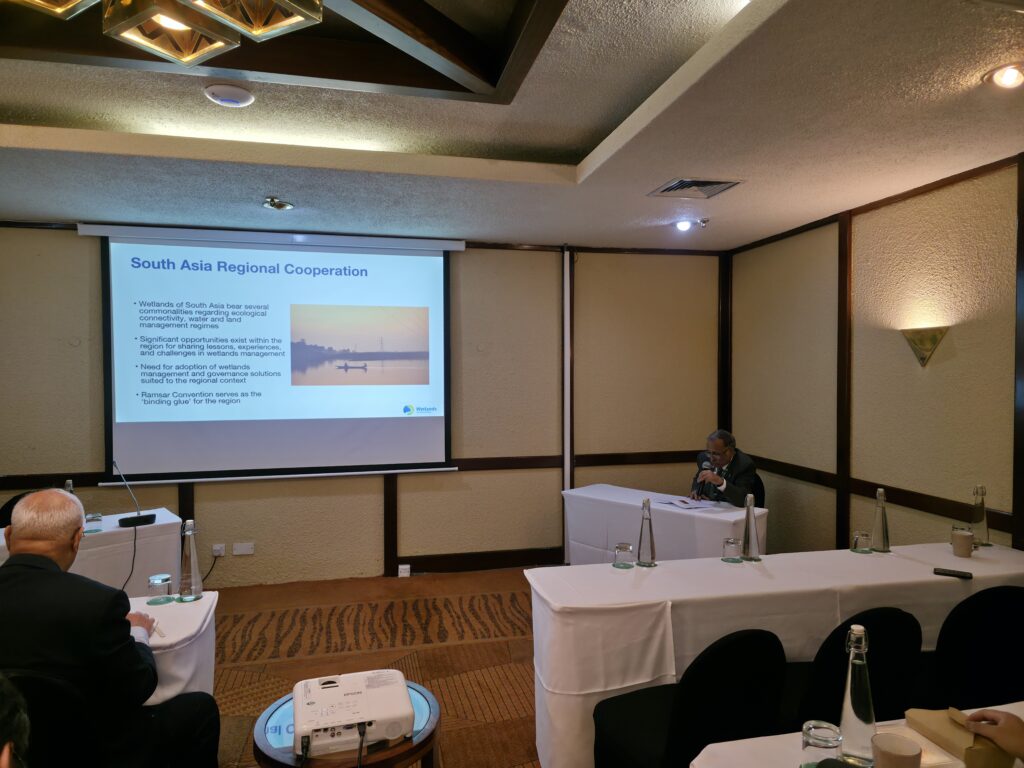
The side event, “Strengthening Regional Collaboration for Wetlands Conservation in South Asia”, was opened by Dr Sidharth Kaul, President of WISA, who highlighted the pressing need for cross-border cooperation in safeguarding wetlands. Dr Kaul’s opening remarks set the tone for the session, emphasizing the ecological and socio-economic interconnectedness of the region’s wetland systems.
A key segment of the event was the panel discussion, which brought together Ramsar National Focal Points from South Asian countries and representatives from leading international organizations. The panelists shared national experiences, identified key implementation challenges, and offered insights on how a regional mechanism could support national priorities while advancing the Convention’s goals. Their perspectives underscored the value of a platform that can integrate diverse ecological contexts, governance systems, and knowledge bases across South Asia.
Mr Sueng Oh Suh, Executive Director of the Ramsar Regional Center for East Asia (RRCEA), delivered the concluding remarks. Drawing on the East Asian experience, he reaffirmed the value of a well-structured regional initiative and offered guidance on sustaining long-term cooperation. Dr Ritesh Kumar, Director of WISA, outlined the next steps in operationalizing RSARI, reinforcing WISA’s commitment to supporting the initiative as a regional anchor organization.
Interactions at COP15 to shape the future of wetlands collaboration in South Asia
A slideshow with 6 images
The slider is set to loop infinitely.
The side event also aligned with several key Draft Resolutions of CoP15, including those on Ramsar Regional Initiatives (Doc 23.5), Communication, Education, Participation and Awareness (CEPA) (Doc 23.6), Culture and Wetlands (Doc 23.14), and Urban and Peri-Urban Wetlands (Doc 23.6). These linkages highlighted the integrated, forward-looking approach of RSARI in addressing conservation through cultural, urban, and participatory lenses.
The active engagement of national and international stakeholders at this event reflects a growing recognition that regional collaboration is essential for achieving lasting wetland conservation outcomes. The Ramsar South Asia Regional Initiative holds promise as a strategic framework to amplify impact, build capacities, and ensure wetlands continue to provide critical ecosystem services for people and nature across South Asia.


